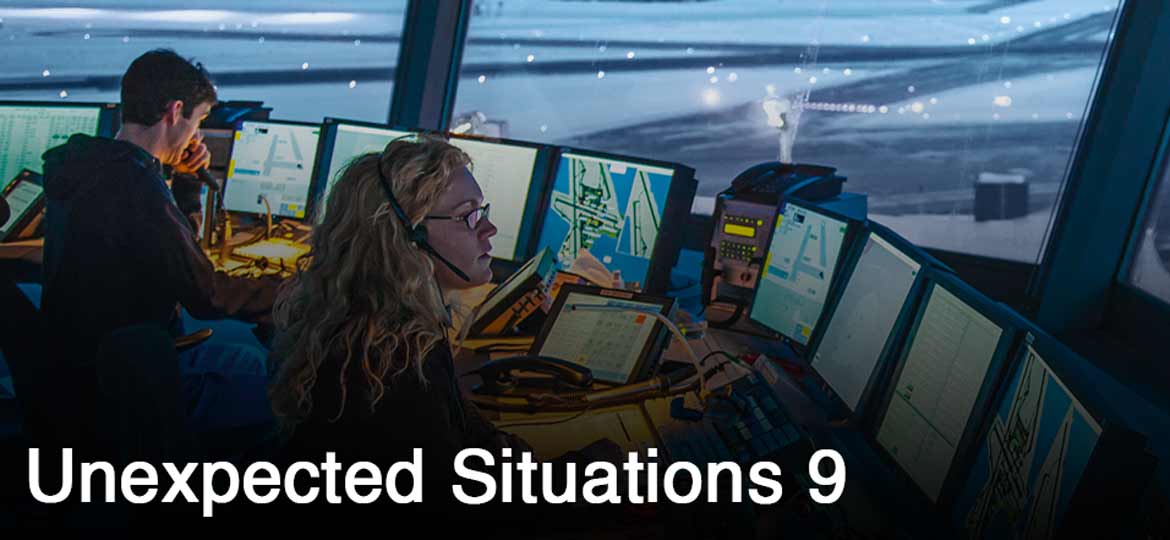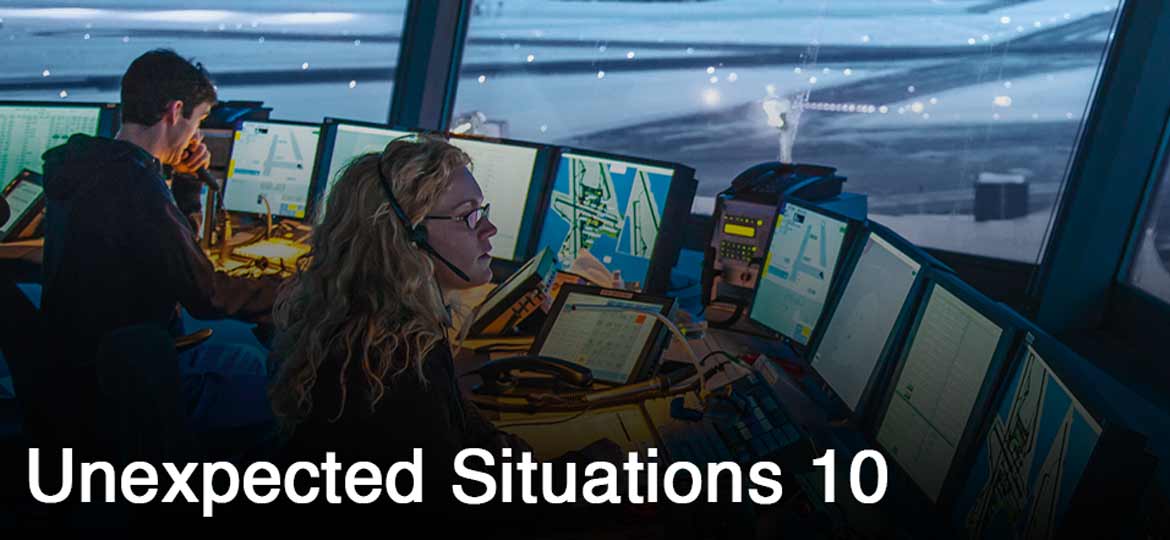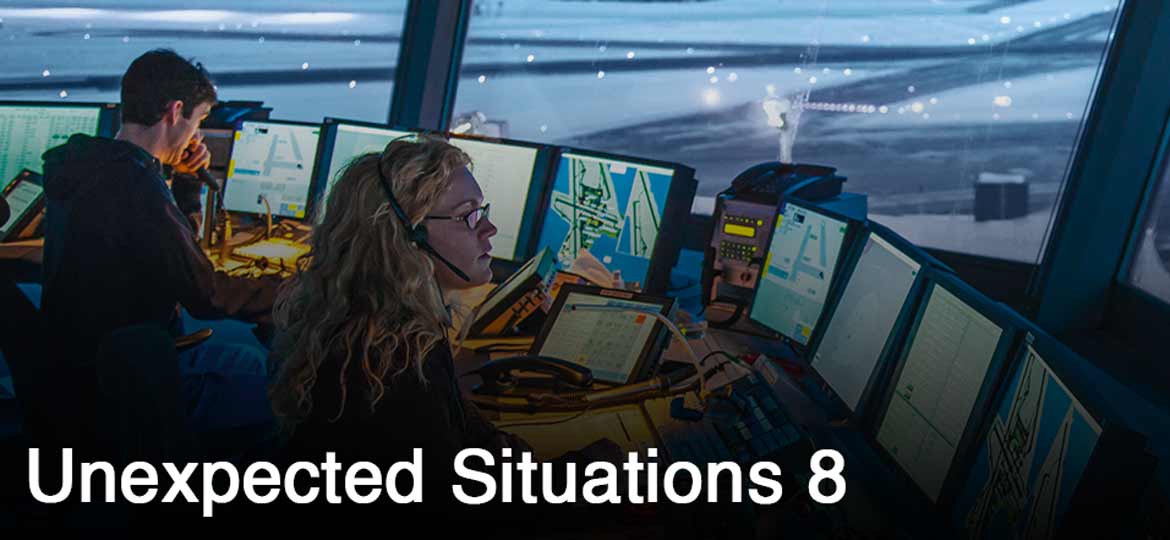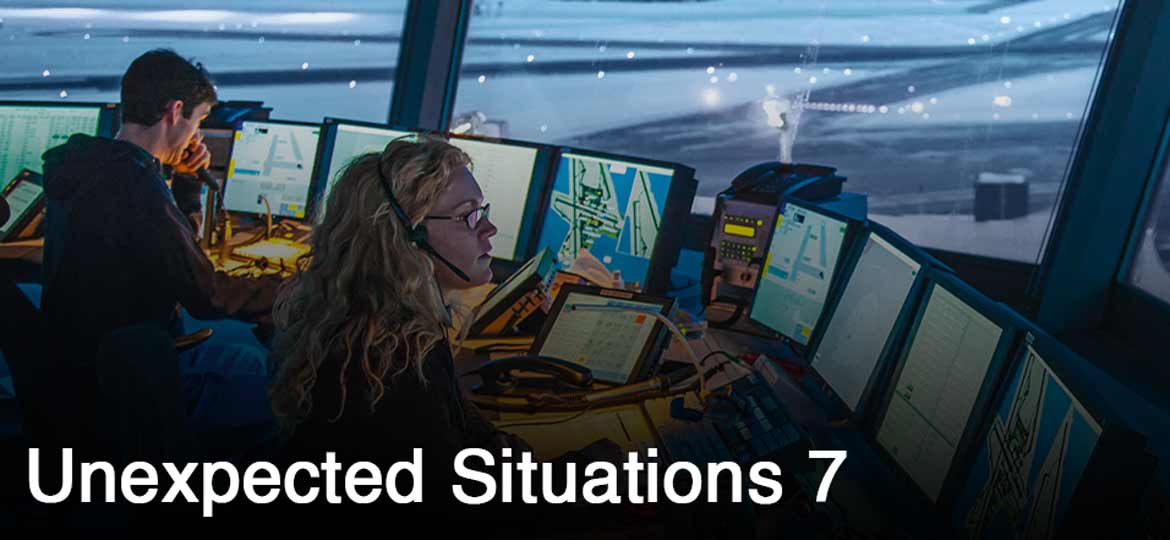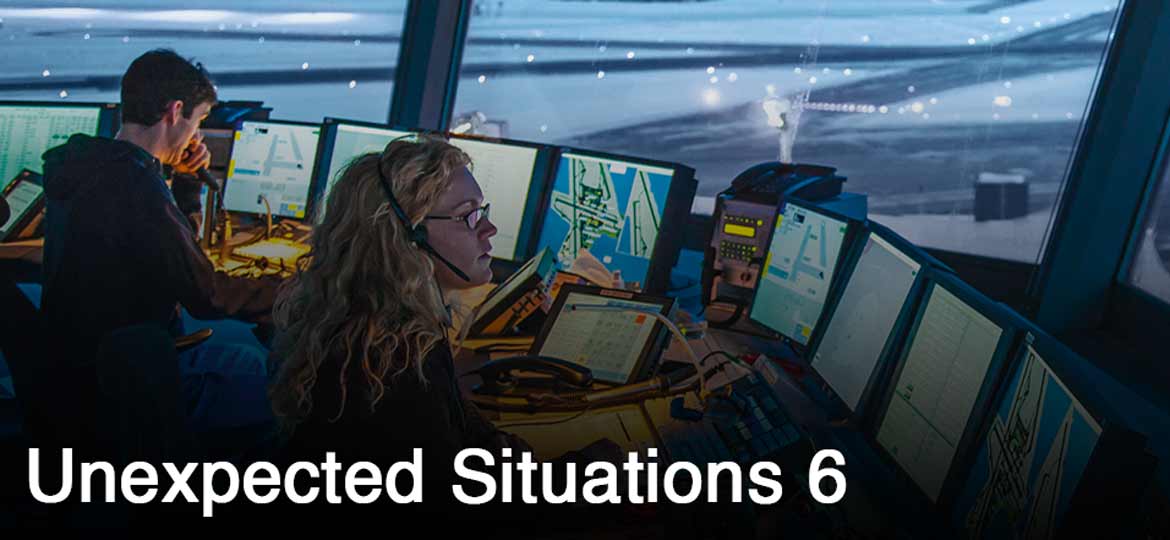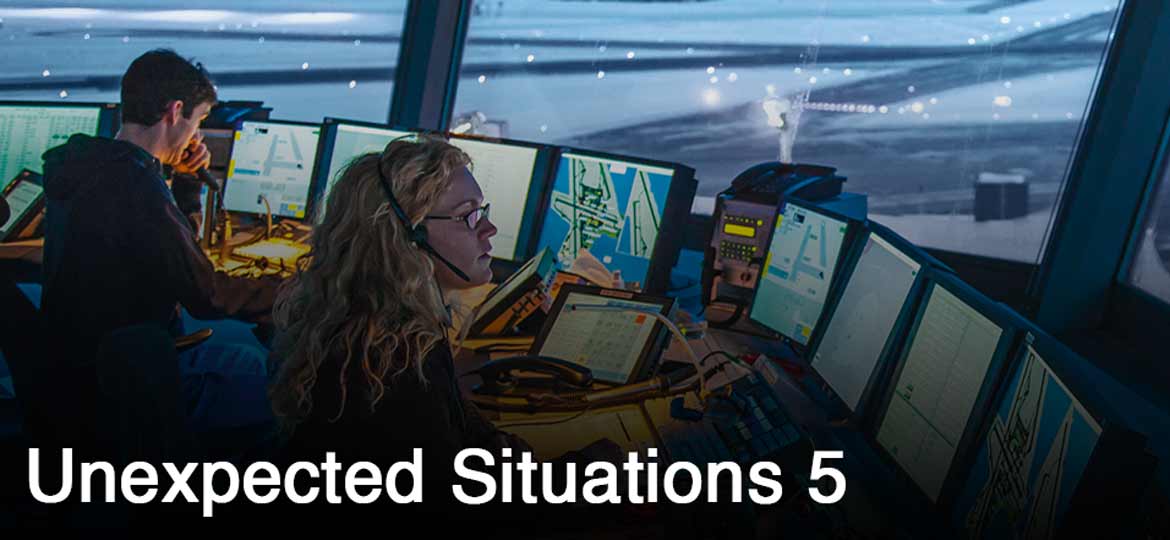Part 3: You will listen to three different communications between pilots and air traffic Controllers. The recordings will be played twice. there is a five-second pause before the recording is repeated. After listening to the recording, you should tell everything that the pilot and the controller said.
Situation 1
ATC
Pilot
Now tell me, in your own words, everything that the pilot and the controller said.
Suggested Answer
In your opinion, how can the risk of mid-air collision in controlled airspace be minimized?
Suggested Answer
Situation 2
Pilot
ATC
Now tell me, in your own words, everything that the pilot and the controller said.
Suggested Answer
How does an engine failure affect aircraft performance in high altitudes?
Suggested Answer
Situation 3
ATC
Pilot
Now tell me, in your own words, everything that the pilot and the controller said.
Suggested Answer
How challenging can unexpected situations be at busy airports?
Suggested Answer
Now, considering the three situations you have heard in part three:
How would you compare them? You may want to compare them in terms of severity, possible solutions and ways of prevention. Which one do you think is the most difficult to deal with? Why?
Suggested Comparison Answer
To begin with, the most difficult situation to deal with is one engine flame out because the pilots will face a high workload and they need an alternative airport to land.
If this happens during take off, it’s even more difficult and dangerous to deal with, because the crew will have to burn fuel to return and land without damaging the landing gears and putting in risk the passengers.
In some cases, pilots have to return immediately or they are not able to return because it may happen in a very low altitude avoiding them to land on a runway.
To avoid it, the best thing to do is a preventive maintenance.
In the case of near collision, it’s less difficult than an engine failure because the aircraft are in a controlled airspace and most of them have the T cas system to advise the pilots about traffic and taking avoiding actions.
To avoid this situation, I suggest providing a better training to the air traffic controllers.
And the easiest situation to deal with is the dog running on the taxiway, the flight safety was not jeopardized and it’s just a matter of time to retrieve the dog and start the departure procedures.
The delay caused by this isn’t so gradable, but the ground staff should have a higher attention to it and avoid this happens.
Se você gostou desse post do Call to Fly, divulgue utilizando os canais de Mídia!!
Abraço!! Rumo ao topo!
Leandro Araujo
